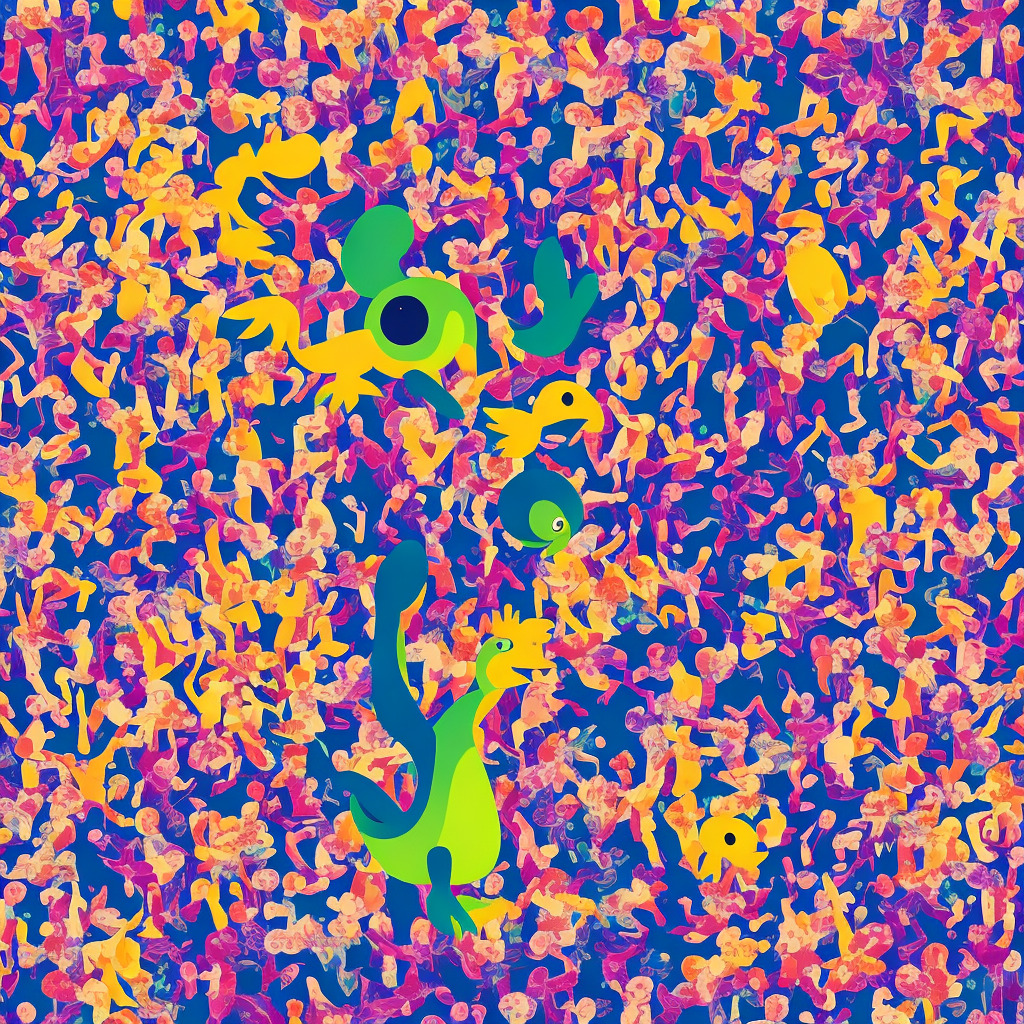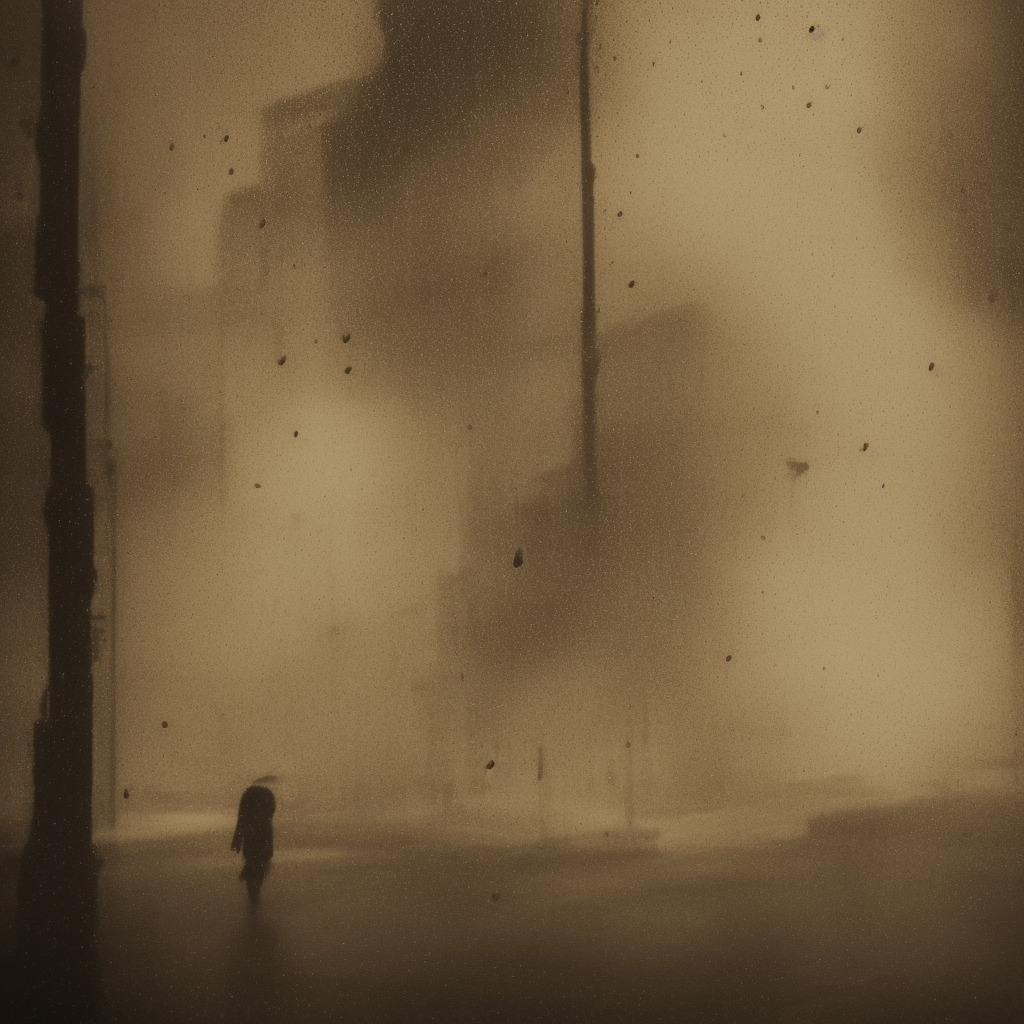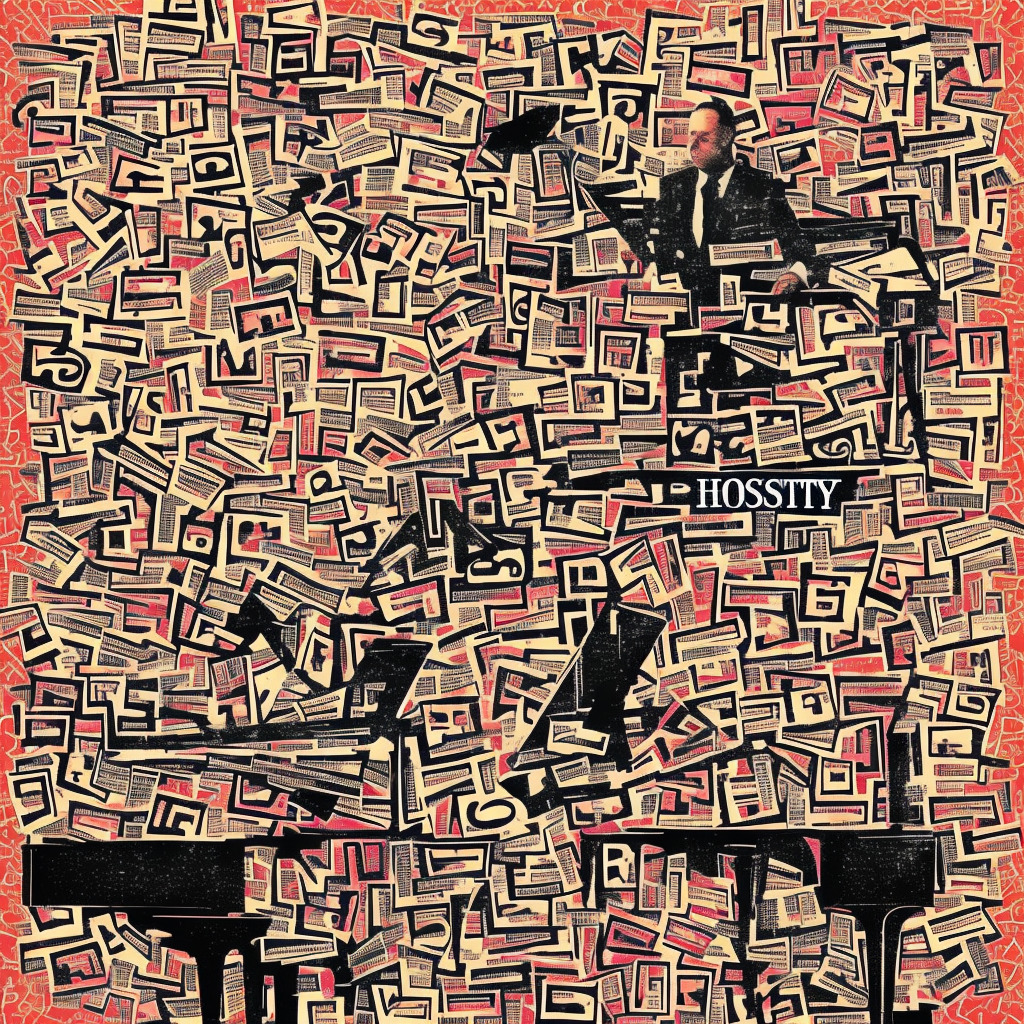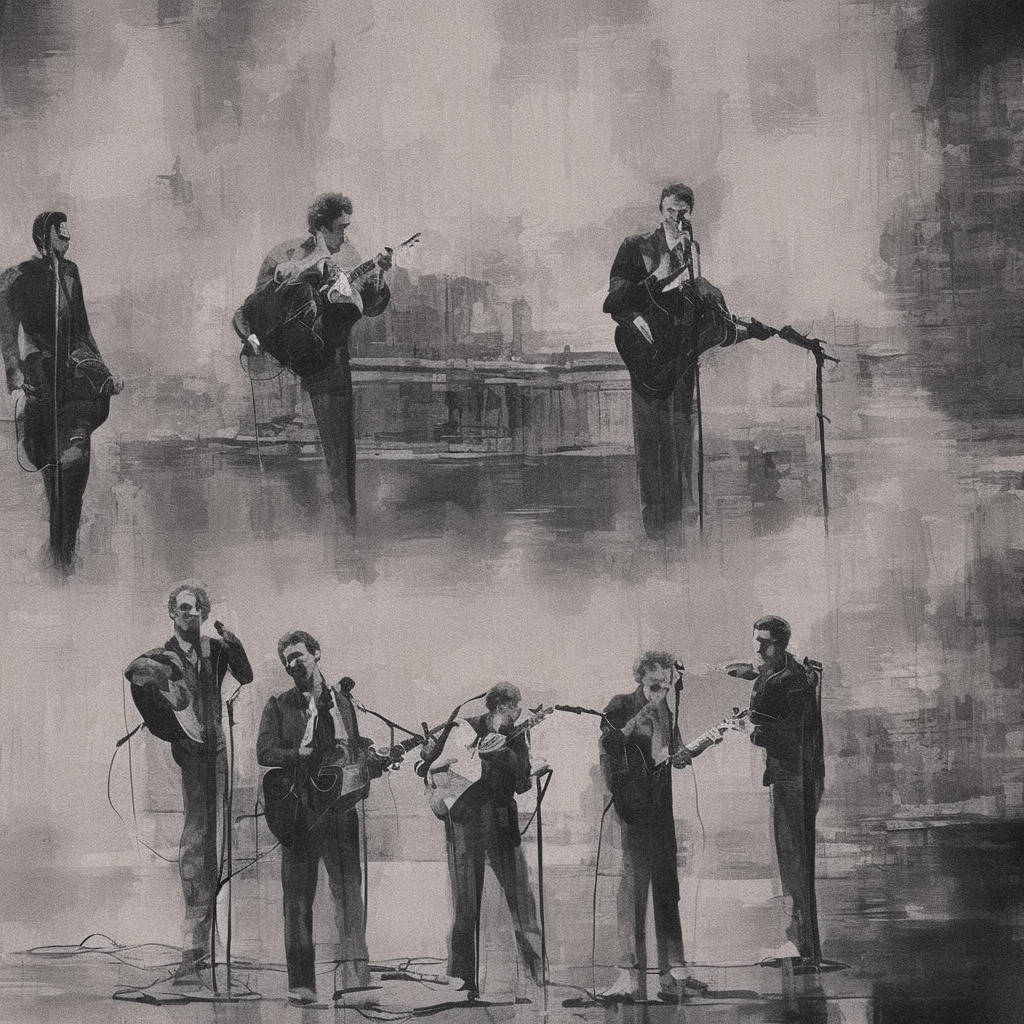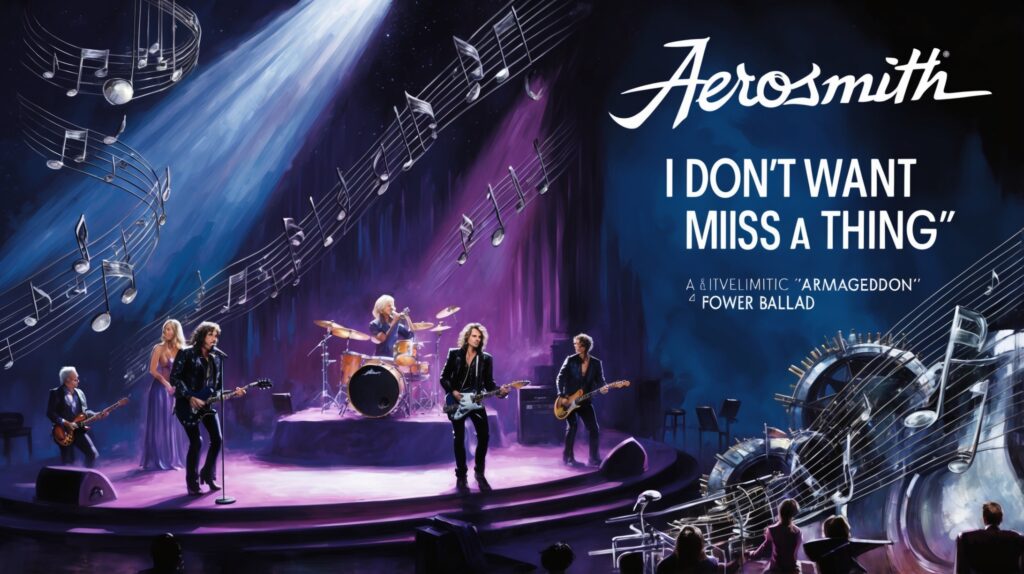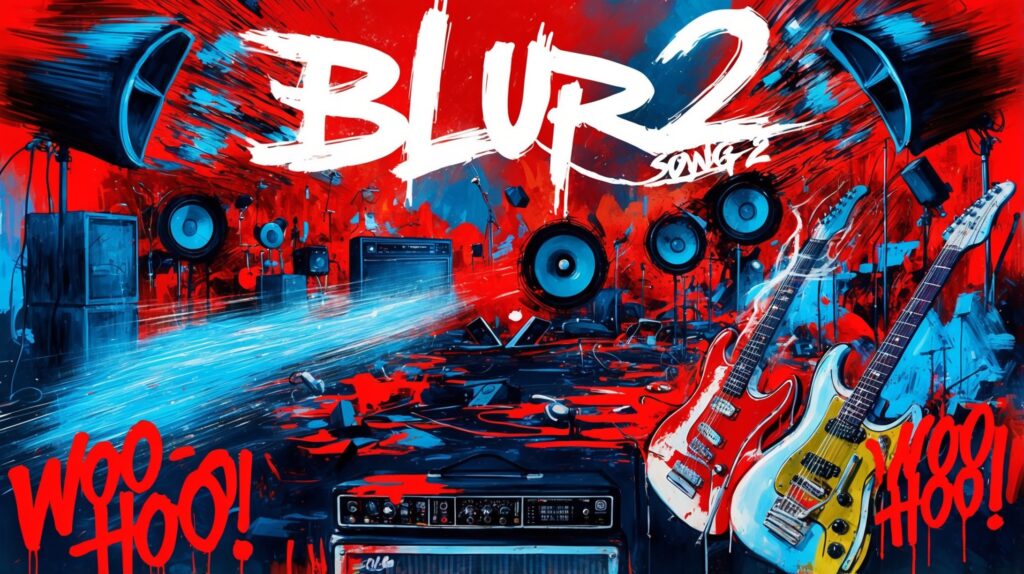A Quacky Trip Down Memory Lane: Rick Dees & His Cast of Idiots and Disco Duck (Part 1)
Rick Dees & His Cast of Idiots is a band that took the charts by storm in the late 1970s, led by none other than Rigdon Osmond “Rick” Dees III. Best known for his illustrious radio career, Dees became a household name when he released the notorious novelty song, “Disco Duck (Part 1),” in 1976. With its catchy beat and humorous lyrics, this track became an instant hit and propelled the group into the limelight.
Rick Dees, born in Jacksonville, Florida, and raised in Greensboro, North Carolina, began his journey in the entertainment industry as a radio announcer. It wasn’t long before his smooth voice and infectious on-air personality caught the attention of the masses. Dees continued his radio career while simultaneously dabbling in music, eventually forming his band and releasing “Disco Duck (Part 1).”
“Disco Duck (Part 1)” is a playful, tongue-in-cheek parody of the disco era that featured a Donald Duck-like voice singing about the joys of dancing at the club. This unique combination of humor and danceable beats struck a chord with the public, and the song soared to the top of the charts, reaching number one on the Billboard Hot 100. The track’s success even led to an appearance on American Bandstand and a cameo in the movie Saturday Night Fever, though later removed from the film’s home video releases due to licensing issues.
While the popularity of “Disco Duck (Part 1)” was indisputable, the song faced its fair share of criticism. Many critics viewed the track as a novelty act, and some even dismissed it as a musical joke. Dees was often ridiculed for the song’s absurdity but remained unphased, embracing the humor and utilizing it to sustain his career in both music and radio.
Despite the mixed reviews, “Disco Duck (Part 1)” earned Rick Dees & His Cast of Idiots a gold certification from the RIAA and a People’s Choice Award in 1977. Although the band did not achieve the same level of success with later releases, the group’s legacy lives on as a memorable and light-hearted chapter in the annals of pop culture history.
In conclusion, Rick Dees & His Cast of Idiots may not have had a significant impact on the music industry as a whole, but they did leave their mark with the unforgettable “Disco Duck (Part 1).” This quirky anthem was a testament to the whimsical side of the disco era and remains a fun piece of nostalgia for those who experienced the 1970s.
Dissecting the Dynamics of Disco Duck (Part 1)
When it comes to the musical structure of “Disco Duck (Part 1)” by Rick Dees & His Cast of Idiots, one can’t help but marvel at the ingenious blend of disco and novelty elements that have made this song a memorable hit. The song is written in the key of A major, which lends itself well to the upbeat and lively nature of disco music.
The chord progression for “Disco Duck (Part 1)” is relatively simple, following a I-IV-V pattern, which is common in many popular songs. In the key of A major, this translates to the chords A, D, and E respectively. The simplicity of the chord structure allows for the catchy melody and infectious groove to take center stage in this dance-inducing track.
As for the tempo, “Disco Duck (Part 1)” clocks in at a brisk 120 beats per minute (BPM), a characteristic feature of disco music that contributes to its danceability. The fast tempo, coupled with the steady four-on-the-floor drum pattern, creates an irresistible rhythm that is sure to get listeners on their feet and moving to the beat.
The song’s distinctive use of synthesizers adds a touch of electronic flair to the overall sound. The synthesizer lines are primarily used to embellish the chord structure and provide additional rhythmic and melodic interest throughout the track. The lush string arrangements, another staple of disco music, serve to enhance the driving groove and contribute to the overall energy of the song.
The vocal delivery in “Disco Duck (Part 1)” is delightfully playful, with Rick Dees employing a Donald Duck-like voice to further emphasize the novelty aspect of the track. This unique vocal technique, along with the infectious melody and memorable lyrics, has undoubtedly contributed to the song’s enduring appeal.
In summary, “Disco Duck (Part 1)” by Rick Dees & His Cast of Idiots is a masterful fusion of disco and novelty elements, underpinned by a simple yet effective chord progression and a driving tempo that is impossible to resist. The playful vocals and creative use of synthesizers and string arrangements make for an unforgettable listening experience that continues to captivate audiences to this day.
Hitting the Charts with “Disco Duck (Part 1)”
Released on August 4, 1976, “Disco Duck (Part 1)” by Rick Dees & His Cast of Idiots took the music world by storm. The song, which uniquely combined catchy disco beats with humorous, duck-themed lyrics, managed to capture the attention of music enthusiasts and quickly became a staple in the late ’70s disco scene.
Upon its release, “Disco Duck (Part 1)” initially landed on the Billboard Hot 100 chart at No. 89 on September 4, 1976. The song’s popularity steadily gained momentum, and within just six weeks, it skyrocketed to the No. 1 position on October 16, 1976. As it turned out, disco and ducks were a winning combination, and the song managed to hold onto its top spot for an impressive two weeks.
In addition to its success on the Billboard Hot 100, “Disco Duck (Part 1)” also made a splash on the Billboard Disco Action chart, where it peaked at No. 4. This further solidified the song’s status as one of the most iconic disco tunes of its time.
“Disco Duck (Part 1)” didn’t just dominate the charts in the United States. The track also made waves internationally, reaching No. 6 in Canada and No. 15 in Australia. It even found success in Europe, most notably in the United Kingdom, where it managed to reach No. 58 on the UK Singles Chart.
Not only did “Disco Duck (Part 1)” make an impact on the charts, but it also earned the distinction of being certified gold by the Recording Industry Association of America (RIAA) on October 1, 1976. The song eventually went on to sell over six million copies worldwide, proving that the world couldn’t resist the infectious groove and humorous twist of Rick Dees & His Cast of Idiots’ hit.
Both a chart-topping sensation and a cultural phenomenon, “Disco Duck (Part 1)” left an indelible mark on the music scene of the late ’70s, and its success has cemented its place in disco history.
Awards, Accolades, and Appearances
“Disco Duck (Part 1)” undoubtedly made its mark on the music scene, earning Rick Dees a Grammy nomination for Best Arrangement For Voices in 1977. The song also became a smash hit, reaching No. 1 on the Billboard Hot 100 chart, and ultimately selling over six million copies worldwide. It’s not every day that a novelty song enjoys this level of success, but “Disco Duck” certainly defied expectations.
This catchy tune didn’t just stay confined to the music world either. “Disco Duck” made its way to the silver screen, most notably in the 1977 film “Saturday Night Fever.” Starring John Travolta, the film is widely regarded as a classic piece of cinema that captures the disco era’s essence. Although “Disco Duck” wasn’t included on the official soundtrack release, its inclusion in the movie helped cement its place in pop culture history.
In addition to film, “Disco Duck” made waves on television. The song was featured in an episode of the popular sitcom “Happy Days” (Season 4, Episode 12), further contributing to its widespread appeal. As for video games, while “Disco Duck” hasn’t made a direct appearance, its influence can still be felt within the gaming world. The song’s infectious beat and quirky lyrics are reminiscent of the fun and memorable tunes that have become staples in various rhythm-based games.
Over the years, several artists have given “Disco Duck” their own unique spin, creating numerous cover versions in the process. The song’s popularity in the ’70s led to some foreign covers, including a German version by comedian Frank Zander, which humorously translated the lyrics into “Disco Huhn.” More recently, the 2000s saw a resurgence of interest in “Disco Duck,” with electronic music artist Mousse T. creating a modern techno cover, showcasing the song’s versatility and enduring appeal.
It’s clear that “Disco Duck (Part 1)” has left an indelible mark on music history, transcending genres and mediums to become a true pop culture phenomenon. Whether you’re a fan of the original or prefer one of the many cover versions, there’s no denying the timeless charm of this entertaining tune.
A Dive into the Lyrics of “Disco Duck (Part 1)”
(Disco, disco duck
Ah, get down mama
Hey, get up mama
Ah, get down mama
Woo, mama, mama)
Don’t be no fool, no
I’m cool, no
I get down, no
I’m cool, no
Duck, duck, duck, duck
(Disco, disco duck)
(Disco, disco duck)
In the midst of the disco era, “Disco Duck (Part 1)” by Rick Dees & His Cast of Idiots pokes fun at the disco craze that had taken over popular culture in the mid-1970s. The lighthearted lyrics, featuring a “disco duck” character dancing and getting down, possess a tongue-in-cheek quality that captures the spirit of the time.
The meaning of the lyrics can be seen as a satirical commentary on the excess and superficiality that defined the disco era. During this period, society was experiencing significant changes, such as the end of the Vietnam War, the Watergate scandal, and a struggling economy. Disco offered an escape from these realities and allowed people to let loose and dance their troubles away.
In a sense, the disco duck character encapsulates these experiences, as he revels in the craze and manages to be both cool and foolish at the same time. The repeated use of the phrase “I’m cool, no” highlights the ambiguous perception of the character and the era as a whole – embracing the fun and excitement of the times while acknowledging its triviality.
Overall, the lyrics of “Disco Duck (Part 1)” provide a snapshot of the disco era, reminding us of the spirit of the time and the escapism that defined it.
Meet the Mastermind Behind “Disco Duck (Part 1)”
When it comes to the composer of “Disco Duck (Part 1)”, one cannot overlook the multifaceted talent that is Rigdon Osmond Dees III, better known as Rick Dees. Born in Jacksonville, Florida, Dees embarked on his journey as a radio personality, comedian, and composer, leaving an indelible mark on the world of music. Apart from the unforgettable “Disco Duck (Part 1)”, Dees was also responsible for a number of parodies and satirical compositions that showcased his wit and humor. Although none reached the same level of success as “Disco Duck (Part 1)”, these songs, such as “Eat My Shorts” and “Get Nekkid”, contributed to his recognition as a notable comedic composer. Additionally, Dees’ long-running radio show, the “Rick Dees Weekly Top 40”, has been a staple for music lovers worldwide, further solidifying his place in the annals of music history.
Diving into the Disco Duck Phenomenon
While “Disco Duck (Part 1)” doesn’t have an official music video, the song’s popularity in the late ’70s resulted in a slew of creative visual responses from fans that deserve attention. This catchy hit, which marries disco beats with an amusing Donald Duck impersonation, inspired a generation of DIY enthusiasts who put together their own visual interpretations to complement the audio experience.
One standout fan video features an elaborate dance routine, complete with era-appropriate attire and enthusiastic performances from the dancers. The choreography takes center stage as the dancers pull off flashy and infectious moves in perfect synchrony to the disco beats of the track. The video’s production quality and dedication to the era’s aesthetic make it a must-watch for fans of “Disco Duck (Part 1)”.
Another notable tribute comes in the form of an animated short, which showcases the talents of a budding animator. The video features a cartoon duck clothed in a glittering disco outfit, gyrating to the rhythm of the song. Set against a backdrop of psychedelic colors, the animation captures the groovy spirit of the late ’70s disco scene.
Yet another fan video showcases the song’s influence on popular culture by compiling clips from various television shows and movies that feature “Disco Duck (Part 1)” or references to it. This homage is a testament to the song’s enduring legacy and impact on the pop culture landscape.
While the lack of an official music video for “Disco Duck (Part 1)” might be a missed opportunity, the song’s indelible mark on the disco scene and pop culture remains evident through the numerous creative and passionate tributes by fans over the years. These videos not only serve as a time capsule for the era but also showcase the dedication and enthusiasm of fans who still connect with this infectious, duck-filled disco dance anthem.
?? Did you know #RickDees recorded the 1976 chart-topper “Disco Duck (Part 1)” in just one take? ? Hustle on over and give this groovy gem a spin! ?? #DiscoDuck #OneHitWonders #FunFact #MusicTrivia
Click to Tweet

